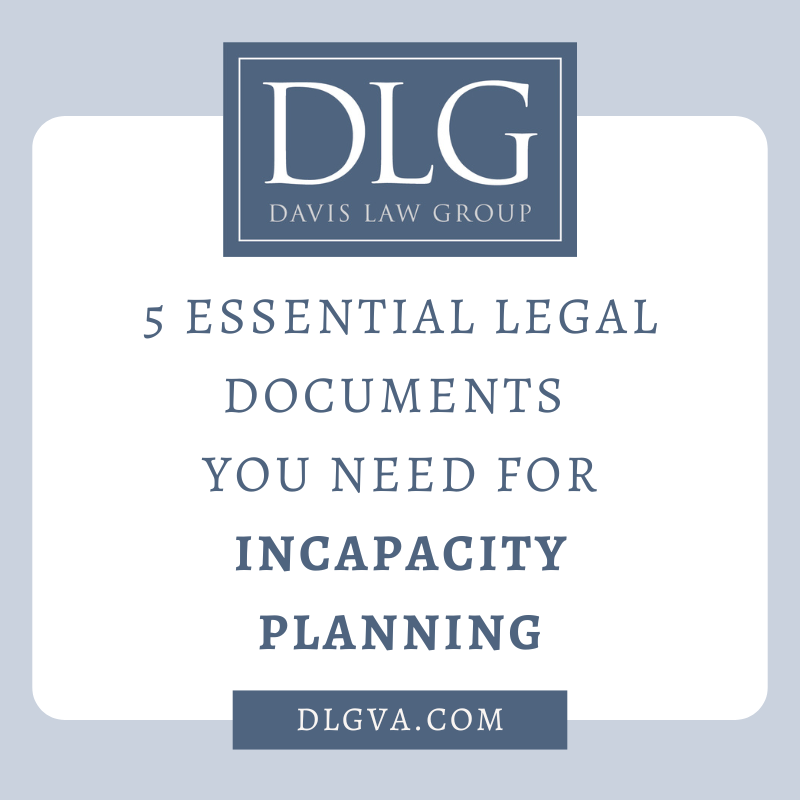Business Formation and General Business Questions
What do I need to start a new business in Virginia?
- Name of the company and any trade names you intend to use in the business
- Principal place of business (location)
- States other than Virginia where you intend to conduct business
- Phone numbers for the business
- Name of the owners (Members), the percentage ownership of each Member, and the initial capital investment being made by each Member
- Name of the Managers who will direct the operations of the business
- Brief statement describing the nature of the business
- Number of employees expected in the first year – including yourself
- Identity of the bank where you will be maintaining an account
- The State Corporation Commission filing fee
What is the difference between a Corporation and a Limited Liability Company?
Both corporations and limited liability companies provide limited liability protection for their shareholders and/or members. There are, however, numerous differences between the two entities and many reasons why one should be chosen over the other. These reasons are based on the tax ramifications, type of business, circumstances surrounding the formation of the company, how it will be operated, and even the life circumstances of the owners. Because of the potential complexity of these issues, we recommend that you seek the advice of a professional in this area who can help you choose they type of entity that will best meet your specific needs.
What is a Registered Agent?
Virginia requires that each business entity have a Registered Agent located in the state in which they are operating. The Registered Agent is usually a third party, such as your corporate legal counsel, who is not directly involved in the daily operations of the company/corporation. Virginia also requires that the Registered Agent have a physical address in the State where the business is located and they must be available during normal business hours.
What is the role of a Registered Agent?
The Registered Agent is the individual designated by the corporation or company (typically a third party) to receive tax and legal documents on behalf of the business and to be served by the Sheriff’s Department or private process server in the event the corporation is sued. The Registered Agent is the one who maintains the corporation’s annual minutes of Members and Managers in order to ensure continuance of personal liability protection and compliance with Virginia law. They also receive and prepare the annual registration each year for renewal with the State Corporation Commission.
When can I open a bank account for my new business?
You can open a bank account for your business as soon as confirmation is received from the State Corporation Commission that the entity was accepted and you receive confirmation of your Employer Identification Number (EIN) from the IRS. The bank will need copies of these documents to get the business account set up.
Can I conduct business in a different state than the one I am incorporated in?
Yes. In order to do business in a state other than the one you are incorporated in, you must qualify as a foreign corporation in that state. The requirements and fees for setting up a foreign corporation vary from state to state.
What is a non-profit corporation?
A non-profit corporation is a corporation operating for educational, religious, charitable, social, humanitarian or civic purposes. Because the corporation is viewed to act for the benefit and betterment of society, non-profits are not required to pay state or federal taxes.
Questions? Contact Us

Estate & Trust Planning
Estate Planning is essentially the process of preserving and protecting your assets and property during your lifetime, then providing instructions for them to be passed on to

Corporate and Business Transactions
At Davis Law Group we have a unique perspective in our corporate and business law practice. Most "corporate" law firms focus on serving the business rather than

Probate & Trust Administration
When a close relative or friend dies, there are several important legal and taxation matters to be addressed. Depending on how property and other assets are titled,

Civil Litigation
Representing a client involved in business disputes, contract disputes, including mediation, arbitration, or civil litigation in court, is a big responsibility -- one we don't take lightly.

Church and Non-Profit Organizations
Church and non-profit law requires a special understanding of the issues and challenges that face non-profit and religious institutions. The legal advice that best serves business and

Commercial Real Estate Transactions
At Davis Law Group we understand that the commercial real estate process can be one of the most stressful events our clients will ever experience. Hampton Roads

Family Law & Collaborative Practice
The attorneys at Davis Law Group have extensive experience in representing individuals who find themselves in the middle of broken relationships, and we are effective advocates when

Employment Law
Few relationships impact our daily lives as much as the relationships we have at our workplaces. For most people, it is the place they spend the majority
Douglas W. Davis
Attorney, Managing PartnerSuAnne Hardee Bryant
AttorneyDouglas H. Cook
Attorney, of CounselJake Balderson
AttorneyStephen Haynes
AttorneyJeff Coombs
Attorney, Nonprofit Practice LeaderChristen Davis
Senior ParalegalJacob Tise
ParalegalLauren Baust
ParalegalRebecca Garnsey
ParalegalMelissa Smith
ParalegalKaren Nootnagel
ComptrollerNicole Capomaggi
Receptionist/Client Liaison5 Essential Legal Documents You
Comprehensive estate planning involves more than just planning for your legacy after your death, by avoiding probate, and reducing taxes. Good estate planning also
Estate Planning Tips for Business
As a business executive, you are used to strategizing and creating goals as part of your job. But have you devoted time to strategizing
Estate Administration Details that TV
While television and movies provide great entertainment, they are not always factual. Even shows based on real events are not entirely accurate. Creators of





















